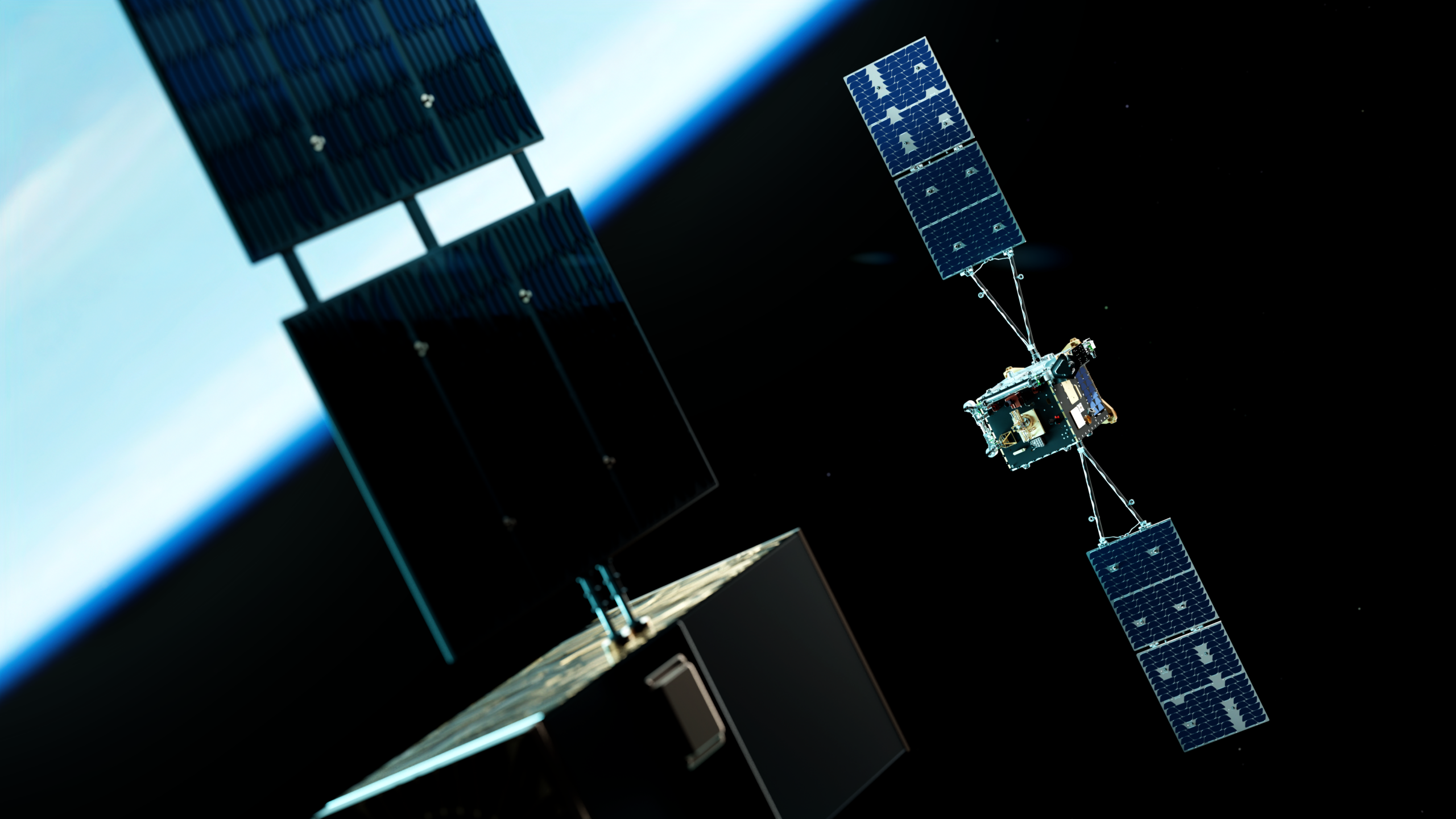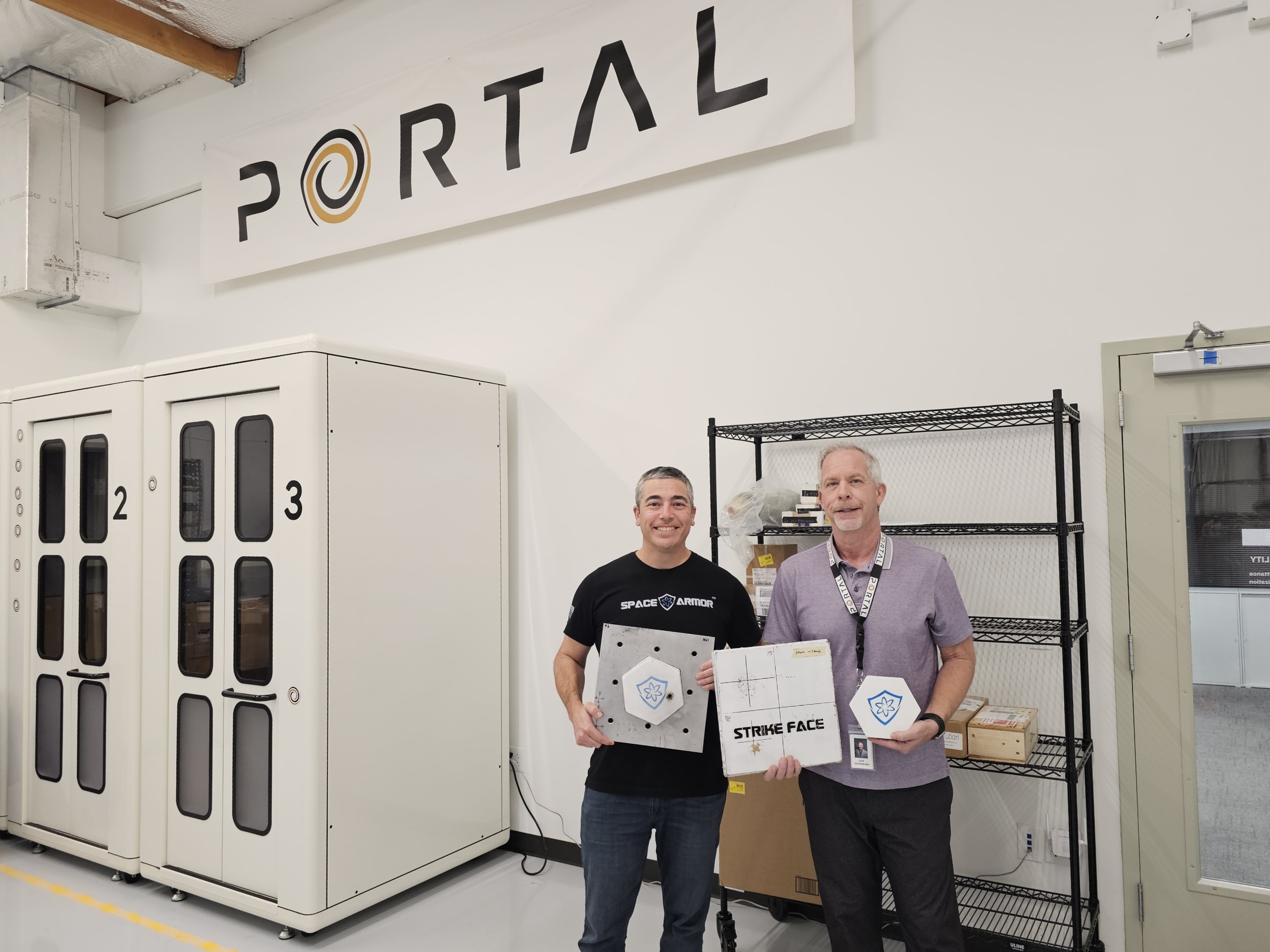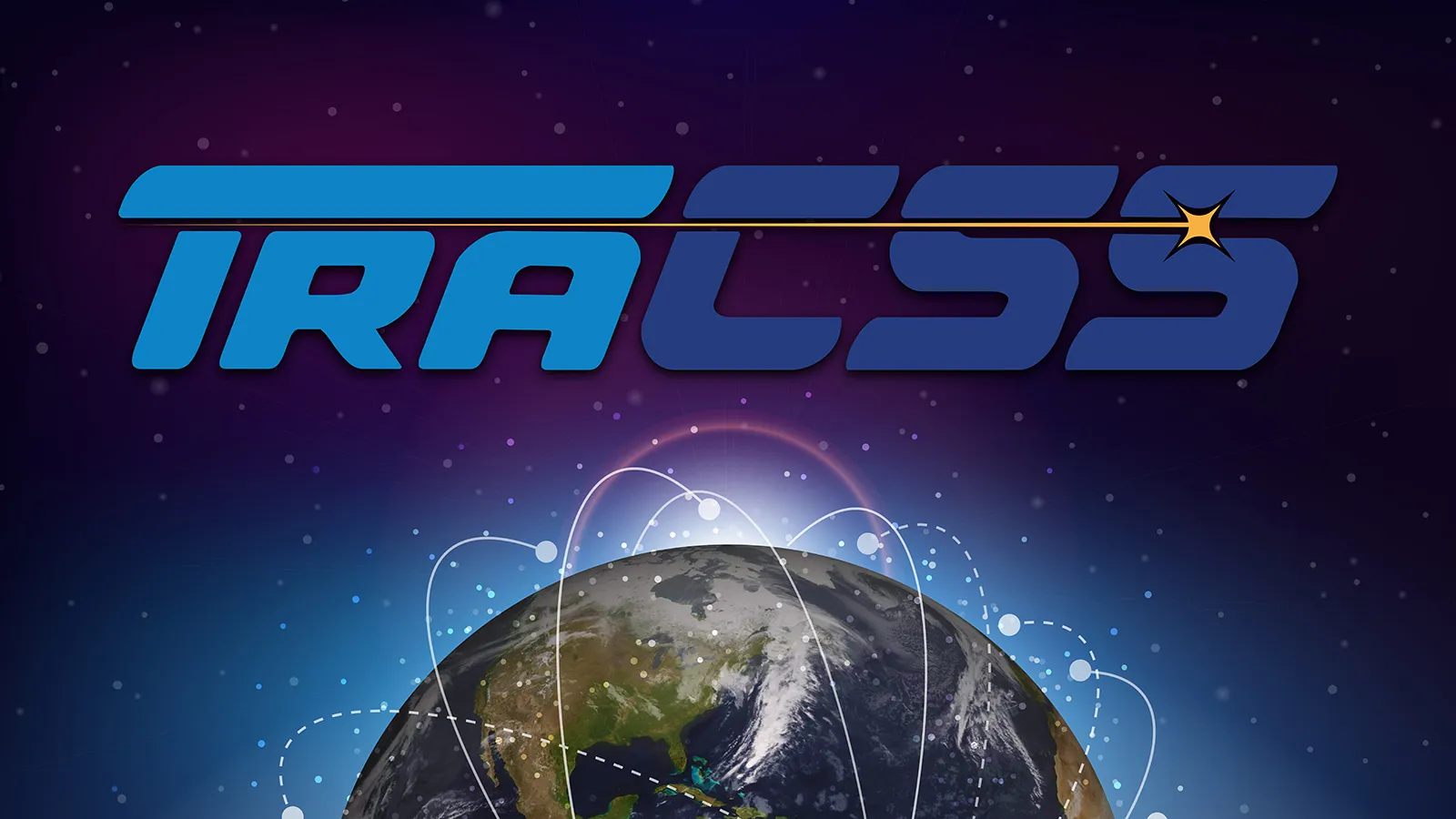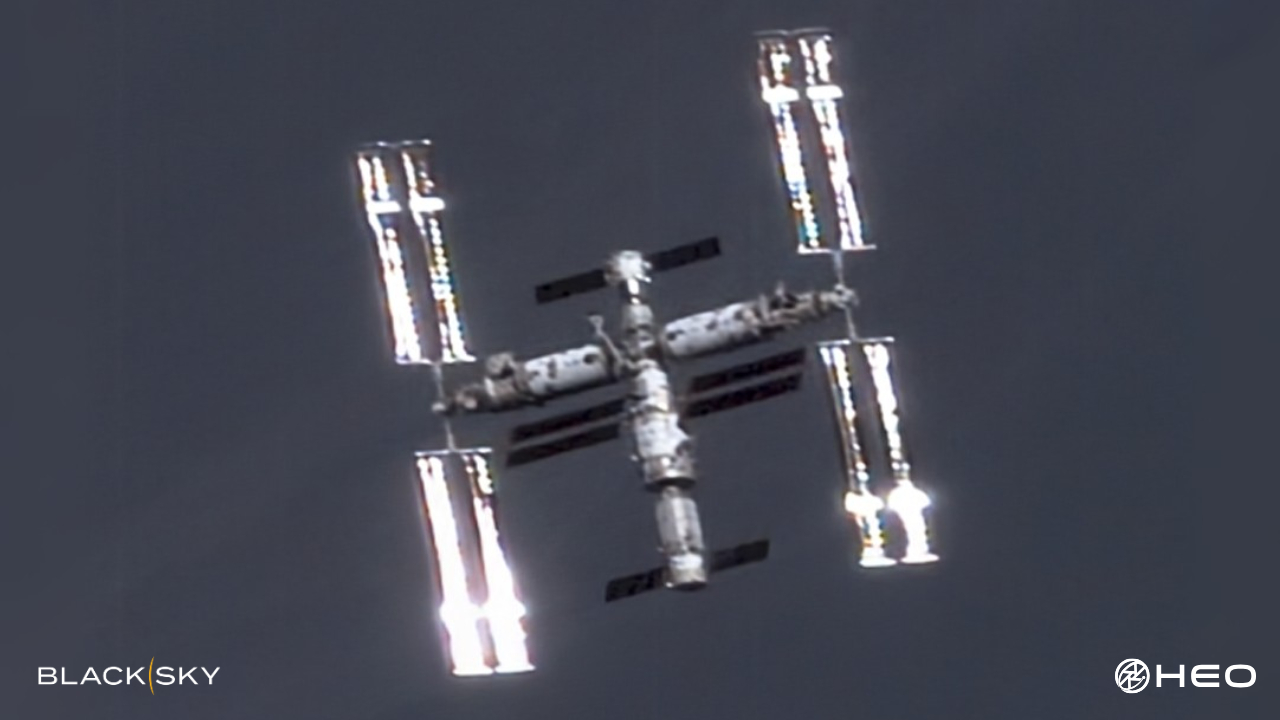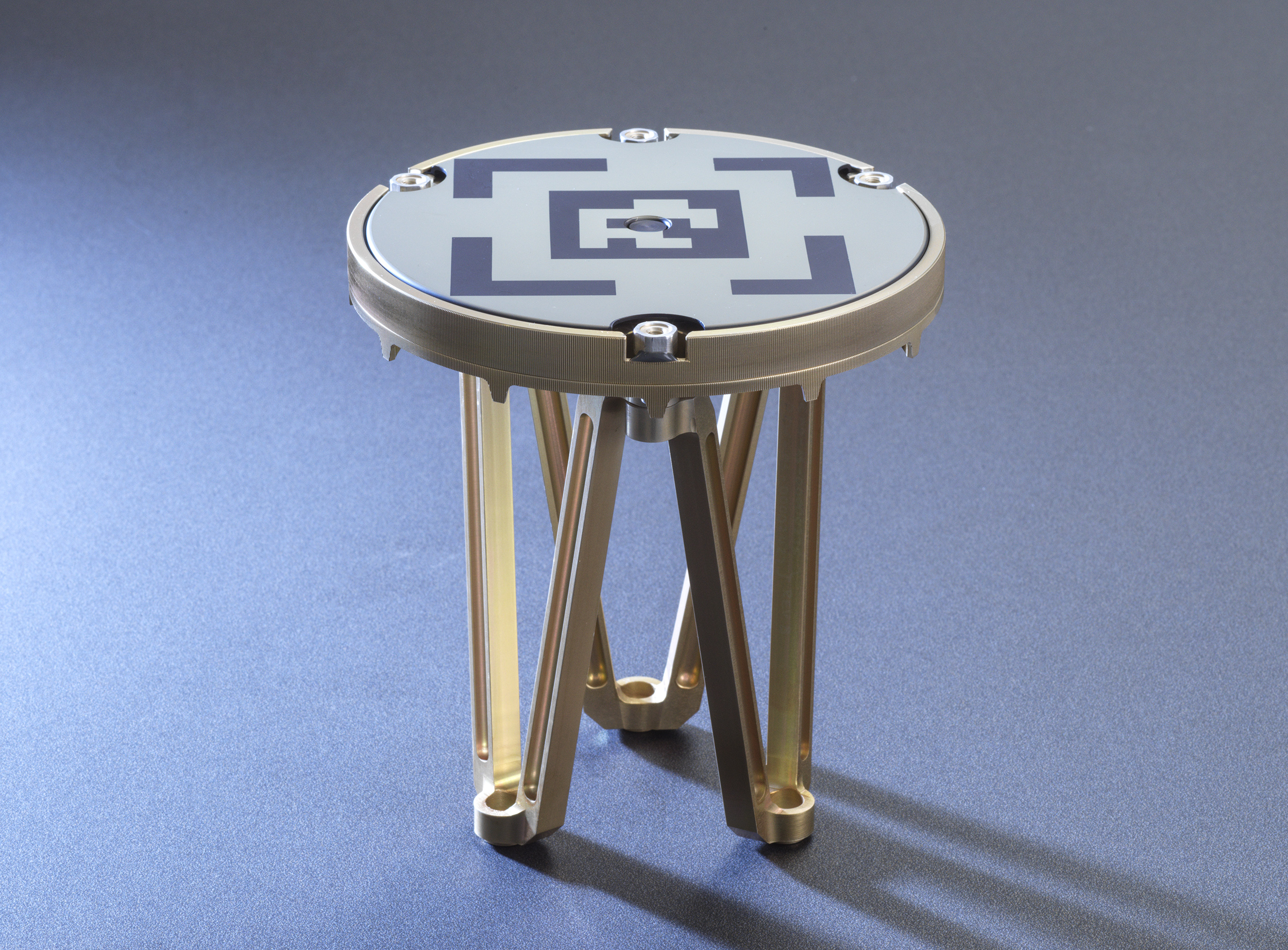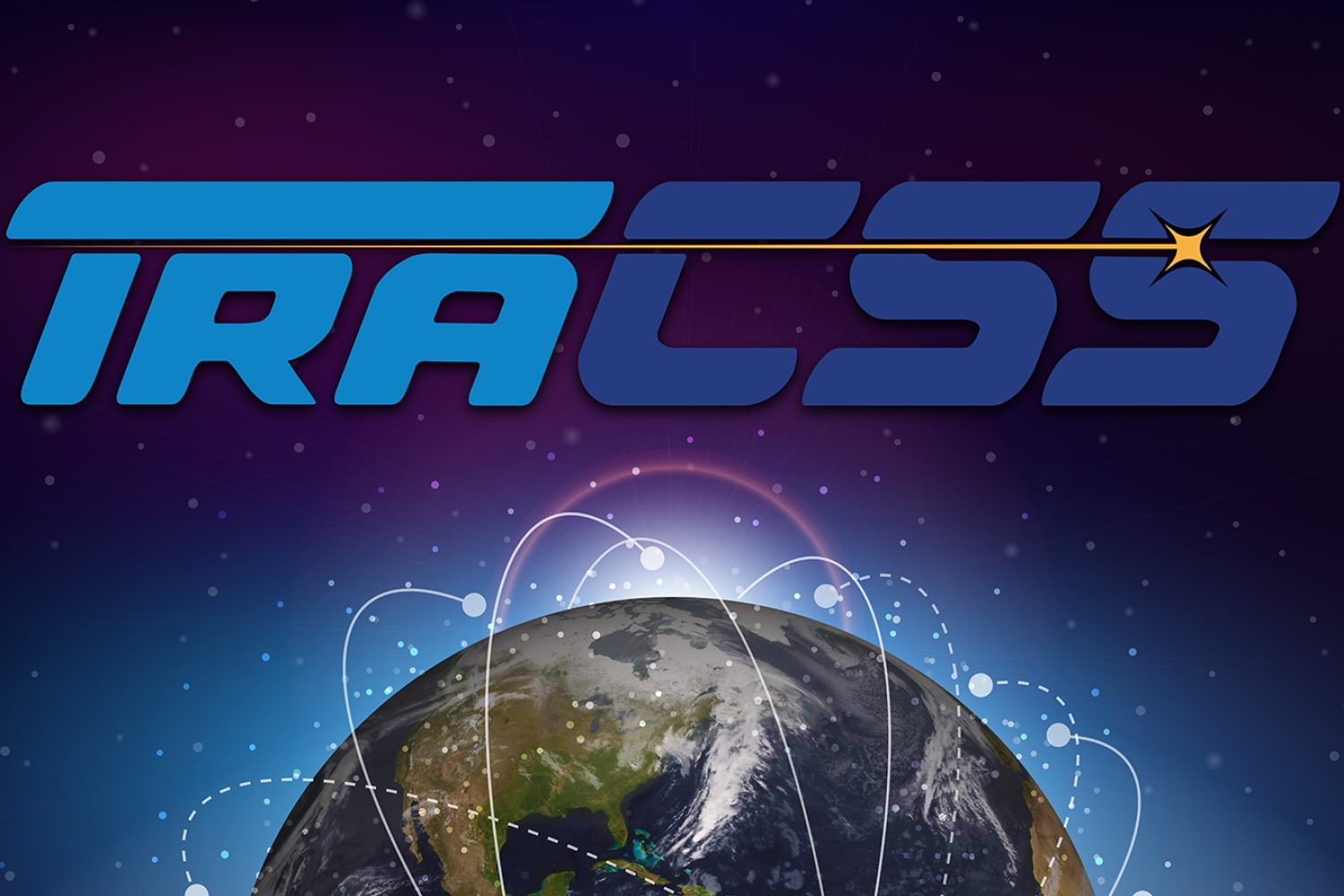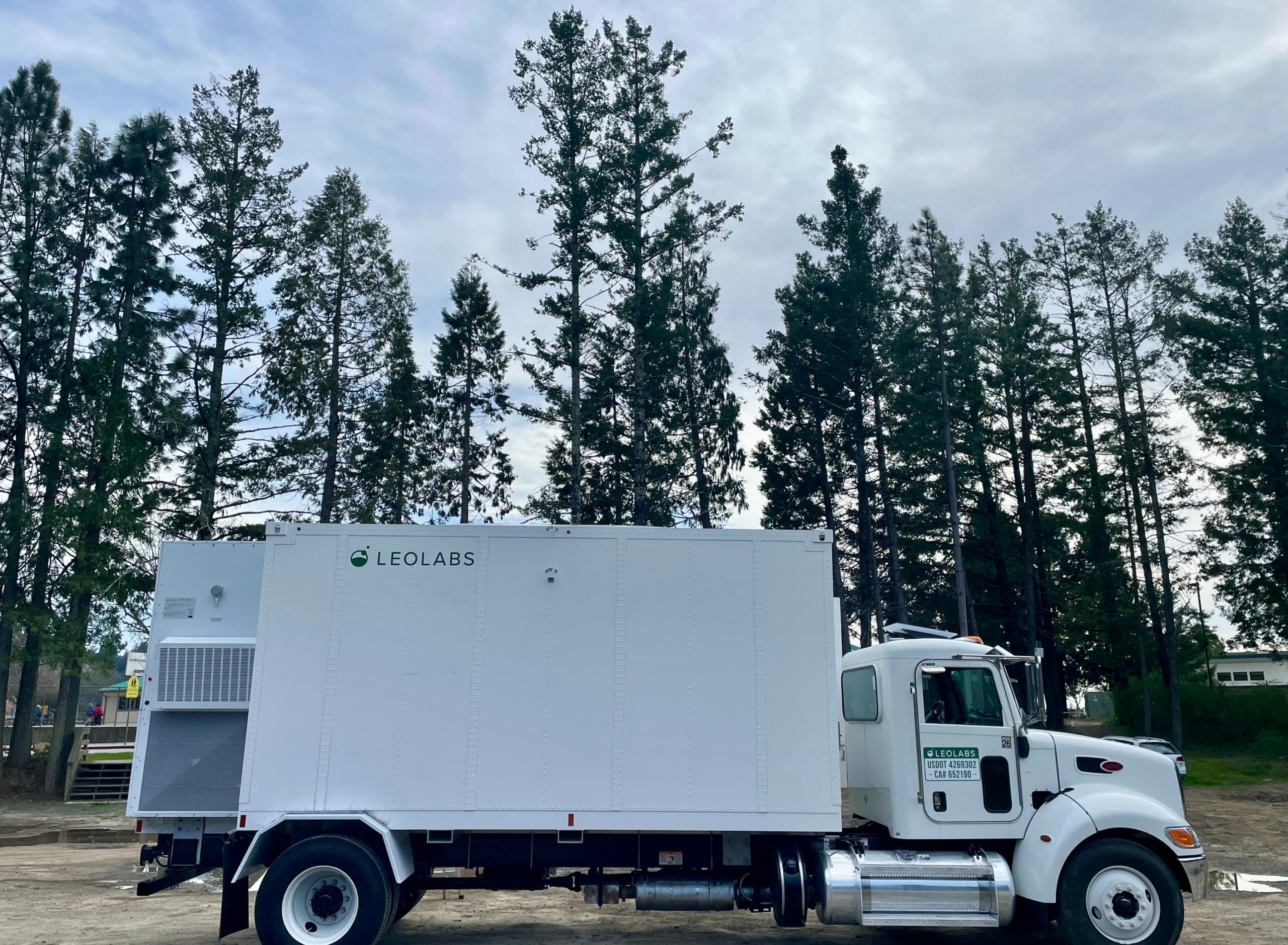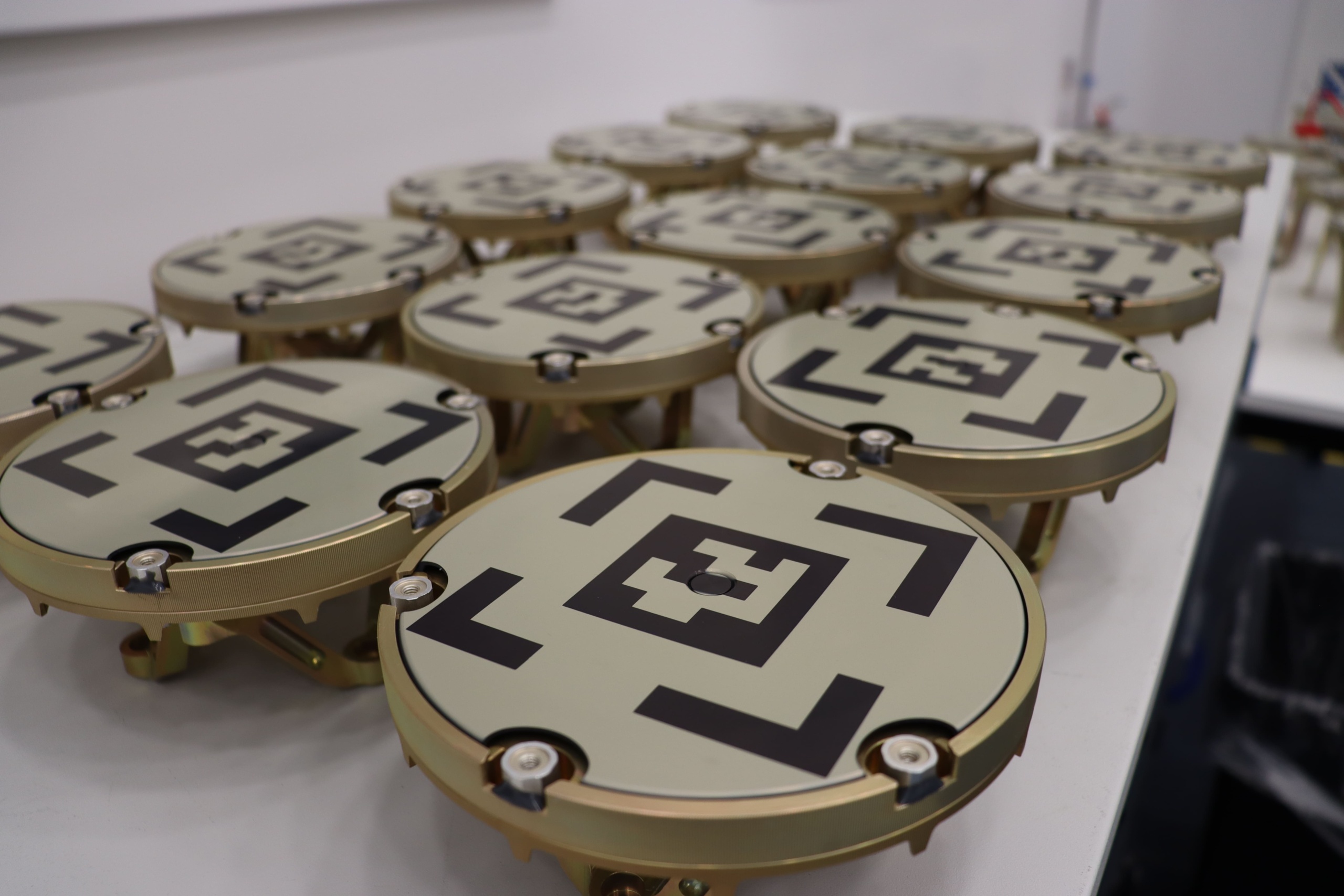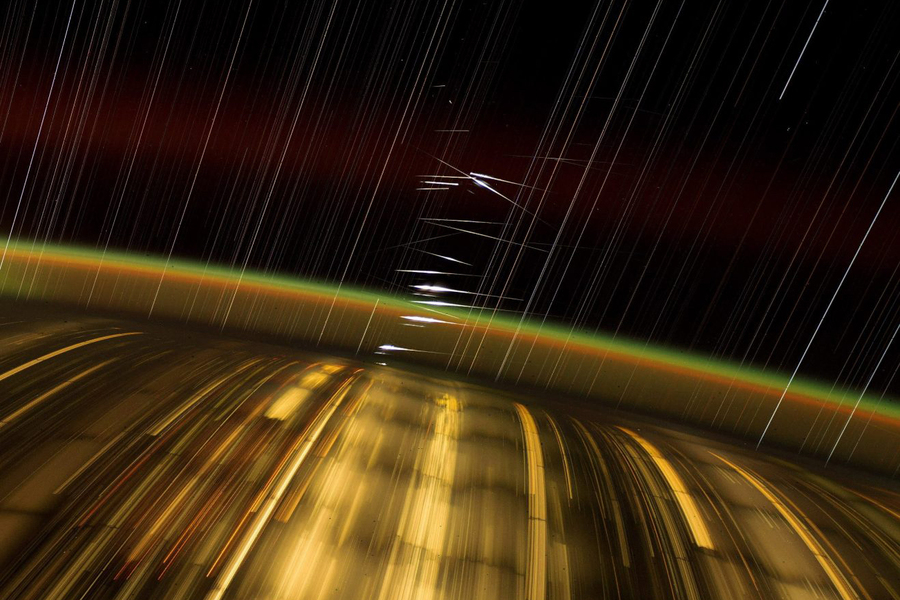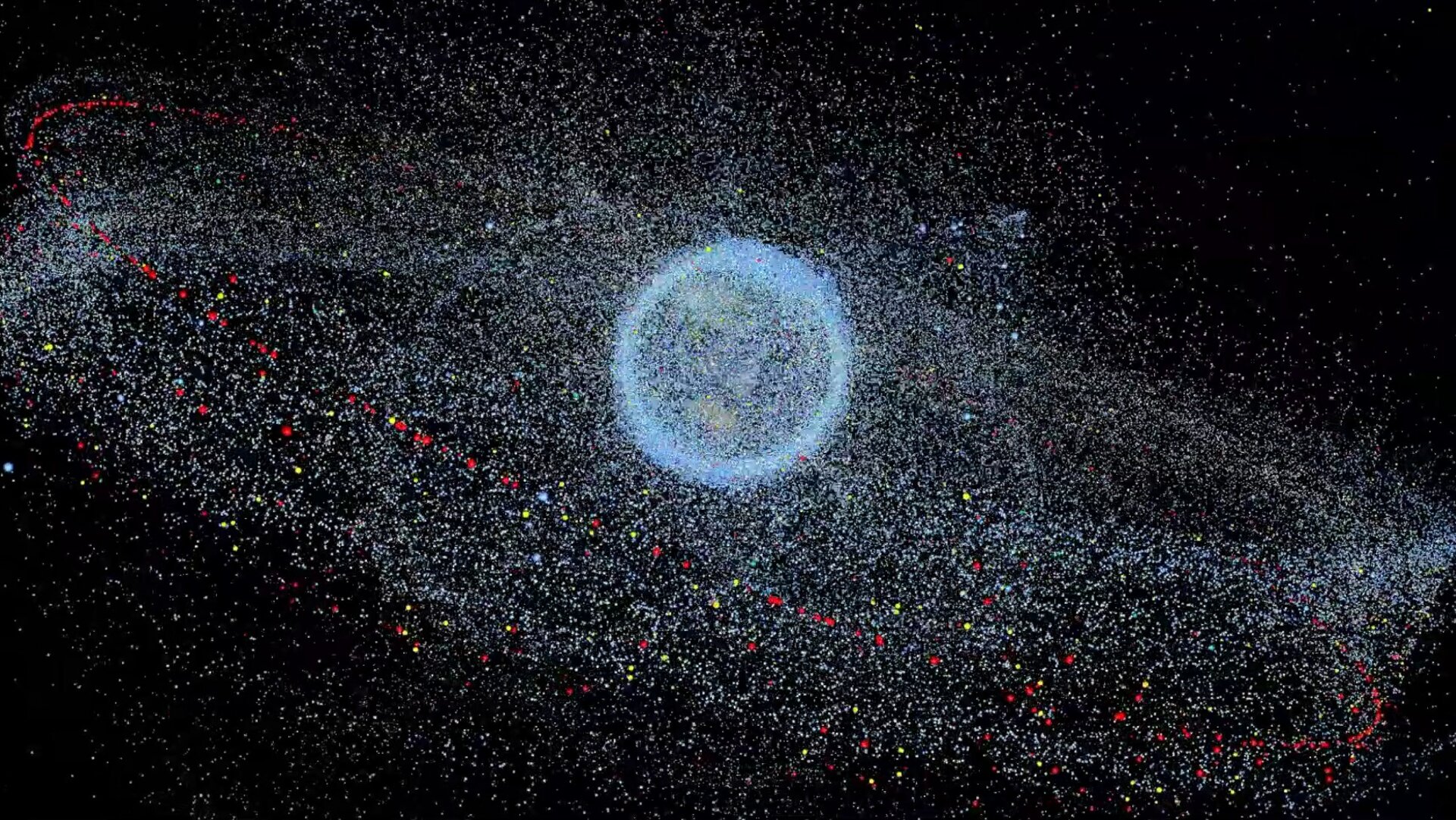Debris
Stories about the problems posed by trash in orbit, and initiatives from both governments and industry to clean it up.
WEF’s Space Debris Report Projects Significant Costs
This week, the World Economic Forum came out with a report, produced in partnership with the Centre for Space Futures, the Saudi Space Agency, LeoLabs, and Novaspace, titled “Clear Orbit, Secure Future: A Call to Action on Space Debris.”
Starfish Wins SDA Deorbit-As-A-Service Contract
Starfish says this marks the first contracted mission for end-of-life satellite disposal services, in comparison to typical missions that treat disposal as a one-off or a demo.
Atomic-6 Space Armor to Fly in October With Portal
It’s rare for space operators to cross their fingers, hoping their sat will get hit with a piece of space debris. But that’s exactly what Atomic-6 CEO Trevor Smith is doing.
LeoLabs Lands Cross-Government Licensing Contract
OSC will evaluate how to integrate Leolabs data into its TraCSS to extend LeoLabs’ orbital alert capabilities to the commercial sector.
ESA Unveils Worrying Space Health Index
ESA’s Health Index for the space environment currently sits at a 4. For reference, 1 is the threshold for long term orbital sustainability.
BlackSky Doubles Down on Aussie NEI Partnership
HEO’s software platform, called HEO Inspect, now has the ability to autonomously task BlackSky’s Gen-2 satellites.
Next-Gen PNT Constellation Commits to Sustainability
Xona Space Systems’ fleet of next-gen PNT sats will be fitted with docking plates supplied by in-orbit servicing firm Astroscale, to ensure the venture leaves no space trash behind.
NOAA Proposes Terminating TraCSS Program
TraCSS was once a signature Trump policy, stemming from Space Policy Directive-3. Now, that same directive might be the undoing of TraCSS.
LeoLabs Unveils Scout Mobile Radar System
Unlike the rest of LeoLabs’ fixed radar tech, Scout is a mobile radar platform that can be deployed anywhere in the world.
Airbus Buys First Batch of Astroscale Satellite Removal Docking Plates
The purchase marks the first large-scale order for Astroscale, which has flown two test missions demoing close-proximity operations and rendezvous and docking tech in LEO.
Climate Change Could Keep Trash in Orbit Longer, Study Finds
An increase in planet-warming greenhouse gas levels is having an unintended effect in LEO—extending how long space debris hangs around in orbit. While these gases trapped in Earth’s atmosphere are warming the planet, they’re cooling LEO, which reduces drag on satellites and debris objects, according to a study released this week. This delay in deorbiting…
Op-ed: As Satellite Collision Risks Increase, Ephemeris Sharing is Vital
As the number of satellites in LEO continues to grow exponentially, when it comes to a satellite’s location, sharing is caring.

